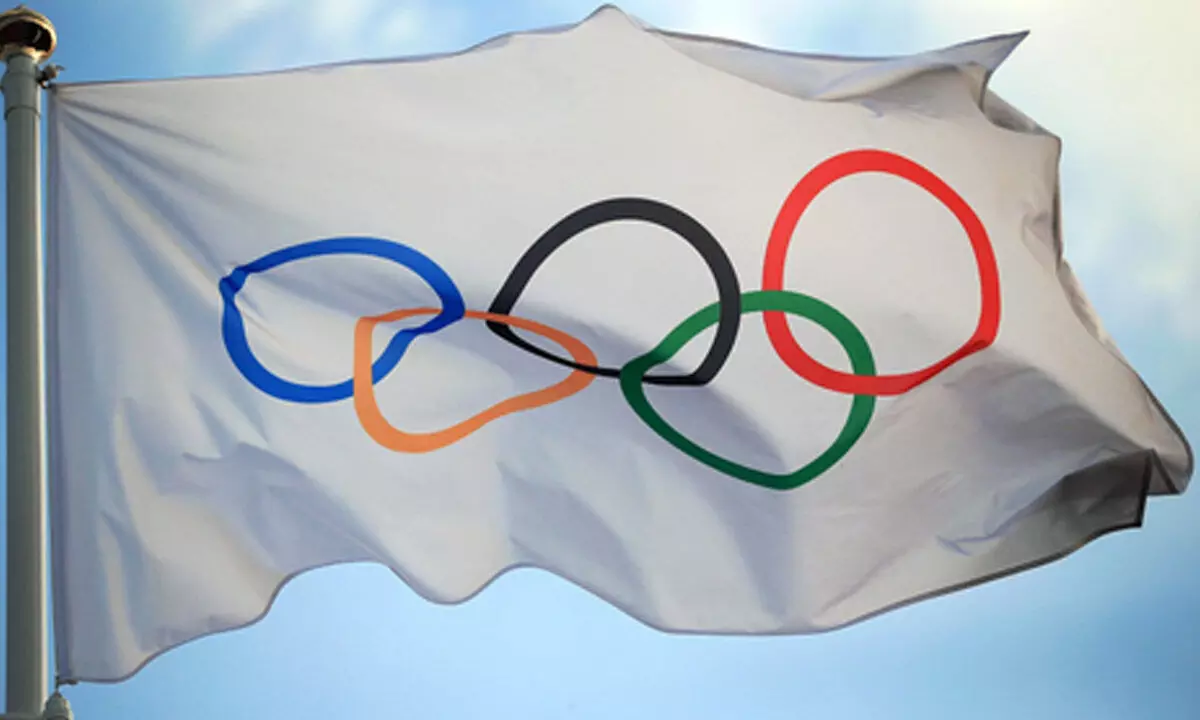Climate changes force IOC to propose double-allocation of Winter Games for 2030, 2034
Share :

Considering the impact of climate change on sports conducted on ice and snow, the Executive Board of the International Olympic Committee (IOC) has proposed to conduct a double allocation of the next two Winter Olympic Games in 2030 and 2034.
Mumbai: Considering the impact of climate change on sports conducted on ice and snow, the Executive Board of the International Olympic Committee (IOC) has proposed to conduct a double allocation of the next two Winter Olympic Games in 2030 and 2034.
The IOC has conducted two studies through its Future Host Commission for Winter Games which has reported that there are only 10 National Olympic Committees (NOCs) that have the capability and facilities to conduct the Winter Olympic Games.
This proposal in a sense clears the way for Salt Lake City to host the Winter Olympics in 2034, as the IOC usually does not like countries to host back-to-back games. With the United States hosting the 2028 Summer Olympic Games in Los Angeles, there were few chances of Salt Lake getting the opportunity to host the Winter Games in 2020. Sweden, Switzerland and France have expressed hopes of hosting the 2030 edition.
“We have asked the Future Host Commission for the Winter Games to evaluate the future allocation of the Winter Games following two main criteria, one for sustainability reasons the future Olympic Winter Games should have a target of using only existing or temporary venues, and second proposed snow competition venues should be climate reliable, until at least till end of this century,” IOC President Thomas Bach told a press conference in Mumbai on Friday.
“Following these two criteria, there were two studies commissioned by the Commission, one to identify the National Olympic Committees with the most existing relocated venues,” he added.
The study identified 15 National Olympic Committees that have such venues and 10 of them have recently hosted the Games.
“Another study to check if these existing homologated venues would be climate reliable until at least the middle of this century. Today, the Future Host Commission for the Olympic Winter Games presented the first results of these studies. There are 15 National Olympic Committees on three continents that have at least 80 per cent of existing venues, which means that they have at least nine out of the 11 required venues for snowsports. Ten out of these 15 have either recently hosted the games or are interested in hosting the Games in the future by 2040,” the IOC president said.
“Two of these 15 will no longer have the necessary reliability for the Olympic Winter Games held in February and five even for the Paralympic Games held in March. That means that by 2040, there remain practically just 10 National Olympic Committees that could host Olympic Winter Games.
“And from these numbers, it becomes even clearer that we need to address very quickly these dramatic impacts of climate change on winter sports and the Winter Games. The Future Hosts Commission has already started to address this very concerning situation,” Bach added.
“This implies deliberations on the rotation system the composition of the programme the different needs for sports on ice and snow and many others. From all of these, you can already see that this is a very complex issue and we need some more time to address these properly. This cannot be done in the next six months or even in the next 12 months. This is one of the reasons, if not the main reason, why the Future Host Commission is proposing a double allocation of two successive Olympic Winter Games for 2030 and 2034. If all conditions are met, in order to gain more time to address the dramatic impact of climate change,” Thomas Bach said.
As of now, the double award proposal will be put to the 141st IOC Session in Mumbai next week for final approval.













